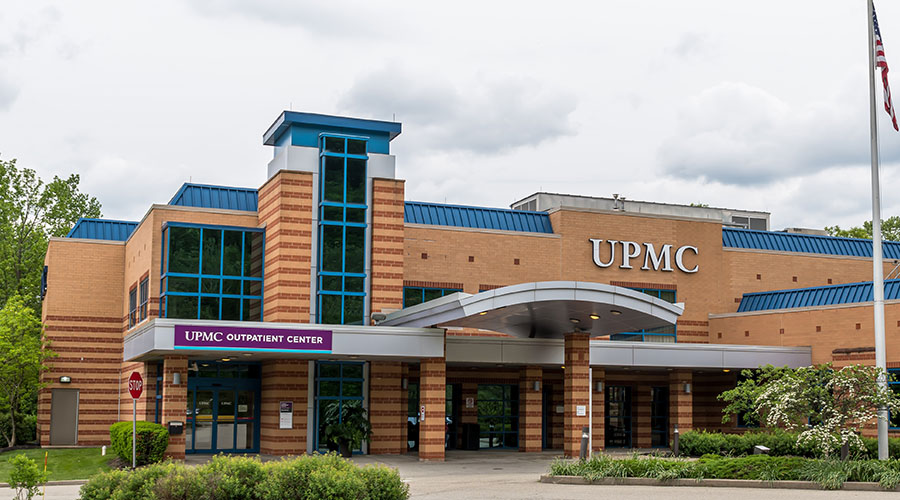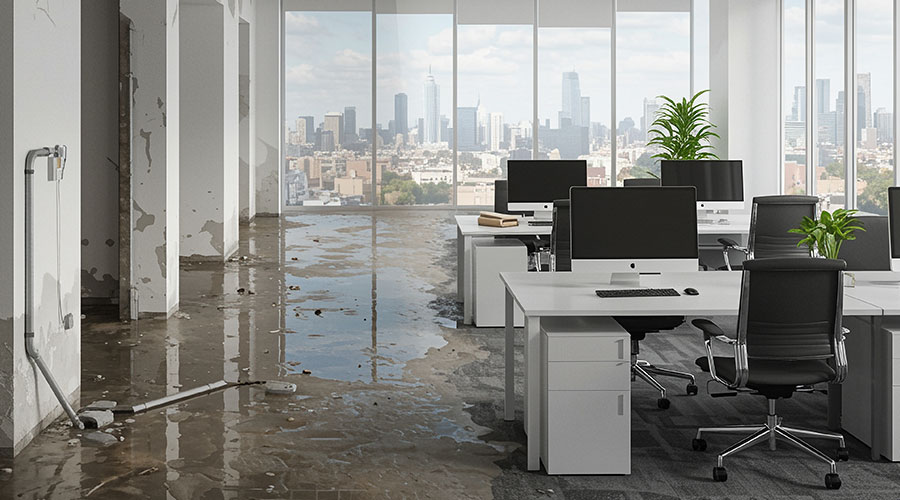Something Old, Something New
 By its nature, maintenance is a diverse business. Each day, managers and their staffs have to inspect, analyze and monitor a vast array of systems and equipment. Then they have to identify, assess, address and solve a range of potential problems — some old, some new, most expected, a few not.
By its nature, maintenance is a diverse business. Each day, managers and their staffs have to inspect, analyze and monitor a vast array of systems and equipment. Then they have to identify, assess, address and solve a range of potential problems — some old, some new, most expected, a few not.
This month’s cover articles illustrate the diverse nature of maintenance and engineering management.
In his article “Stopping Mold Before It Starts,” contributing editor James Piper discusses the challenges facing managers contending with the age-old but suddenly high-profile issue of mold growth in facilities. The problem has cropped up most recently in a number of schools across the country, forcing managers to answer hard questions about why and how mold growth occurs and what they plan to do about it.
In his article, “UPS: Power Players,” Mohammad Qayoumi explores a much more recent, yet no less pressing, issue — the growing demand in facilities of all kinds for a reliable supply of clean power and the central role of uninterruptible power systems (UPS) in keeping the power flowing.
The diverse nature of these challenges highlights the range of new and old issues that managers face daily. And because their challenges are diverse, managers are finding out that, more often than not, solutions also turn out to be a combination of old and new.
The temptation in maintenance is to focus on a new, high-tech solution, which is understandable. Technological advances from software to infrared thermography have given maintenance and engineering departments powerful weapons to carry out maintenance.
But sometimes, tried-and-true maintenance strategies are much more effective, both in responding to a problem and in preventing one.
As Piper writes, “Every year, organizations spend millions of dollars on remediation of building systems and components to correct damage resulting from the uncontrolled mold growth — a necessary step to protect building occupants and contents. But it is far more cost-effective to take steps to prevent the growth of mold in the first place.”
In the end, managers aren’t likely to be judged on whether they solved a problem using a high-tech or a tried-and-true approach. Instead, the judgment will be based on whether successful solutions to diverse maintenance challenges were cost-effective and efficient. In short, a manager’s greatest skill might be the ability to remain flexible enough to find the best solution, whether that’s something old or something new.
Related Topics:








 By its nature, maintenance is a diverse business. Each day, managers and their staffs have to inspect, analyze and monitor a vast array of systems and equipment. Then they have to identify, assess, address and solve a range of potential problems — some old, some new, most expected, a few not.
By its nature, maintenance is a diverse business. Each day, managers and their staffs have to inspect, analyze and monitor a vast array of systems and equipment. Then they have to identify, assess, address and solve a range of potential problems — some old, some new, most expected, a few not.



